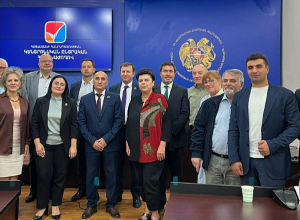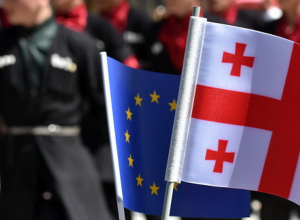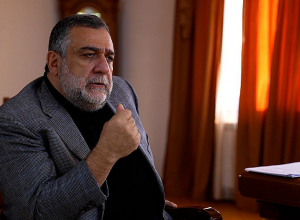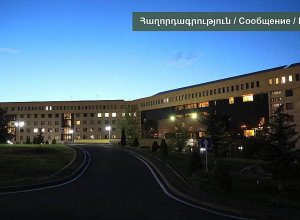8th Human Rights Dialogue between the European Union and Armenia
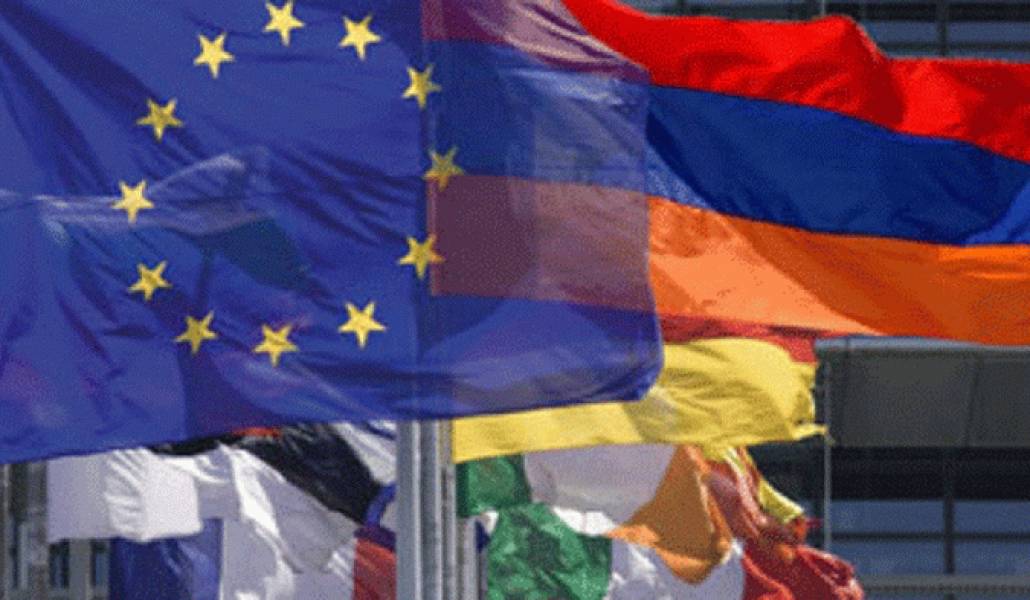
The European Union and Armenia held the eighth round of the annual Human Rights Dialogue in Brussels on 29 May 2017. The European Union and Armenia welcomed the continued progress on human rights in Armenia. The EU concurred with the Venice Commission that the new Constitution represented a positive development and underlined the importance of its prompt and effective implementation. The EU took note of the ODIHR Electoral Observation Mission’s report on the April 2017 parliamentary elections and stressed the need for a proper investigation and follow-up of all alleged (pre-)electoral violations, and to ensure a level playing field for all candidates. The Dialogue highlighted the importance of a free and pluralistic media environment, and political pluralism as a prerequisite for the conduct of democratic elections. The EU encouraged Armenia to increase participation of women and national minority representatives in politics. The EU called on Armenia to adopt a standalone law against domestic violence and to operate a multi-referral mechanism to support victims (in line with UN CEDAW Concluding Observations) as well as a standalone law against discrimination; stressing its commitment to the universality of human rights for all. The parties will continue to cooperate to improve national institutional capacities in support of equality between men and women. The EU encouraged Armenia to sign and ratify the Istanbul Convention on preventing and combating violence against women and domestic violence. The EU noted the progress in legislation made by Armenia in preventing torture and ill-treatment, and stressed the need for it to be further consolidated, in particular the need to implement the UN CAT Concluding Observations, including an independent and impartial mechanism for effective investigation and prosecution of certain crimes against human rights and freedoms committed by representative of law enforcement agencies. The dialogue allowed for an open, constructive exchange on the human rights situation in Armenia. In line with its policy, the EU had prior to the dialogue met and consulted representatives of Armenian and international civil society. The EU delegation was led by Mr Dirk Schuebel, Head of Division in the European External Action Service (EEAS), while the Armenian delegation was headed by Mr Garen Nazarian, Deputy Minister of Foreign Affairs; Armenia's Human Rights Defender, Mr Arman Tatoyan and Ms Mara Marinaki, the Principal Advisor for gender issues and UNSCR 1325 at the EEAS, also took part in the Dialogue.
